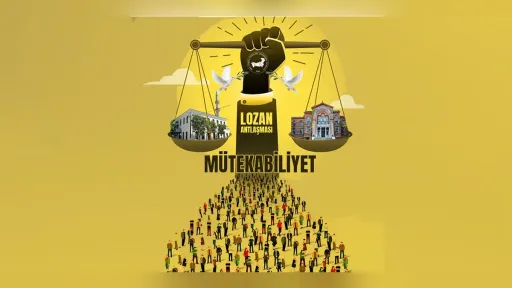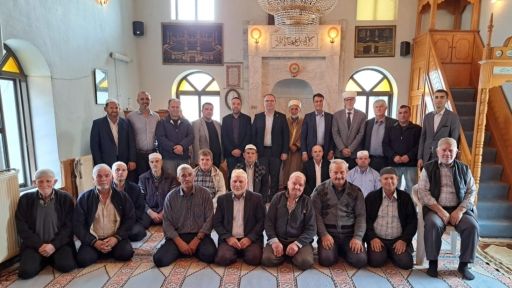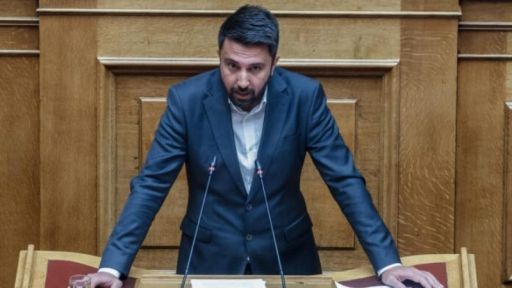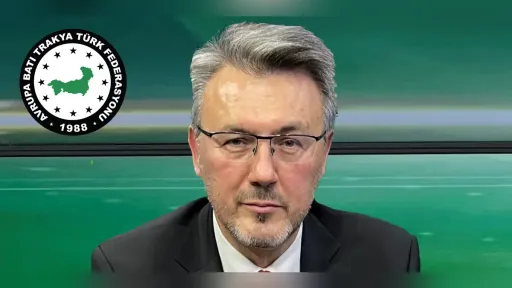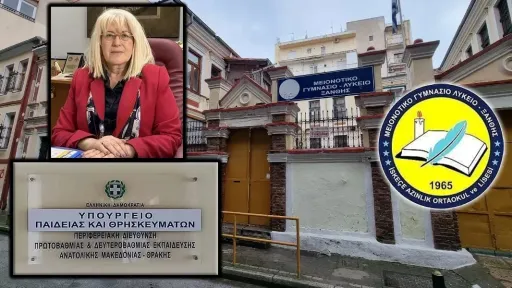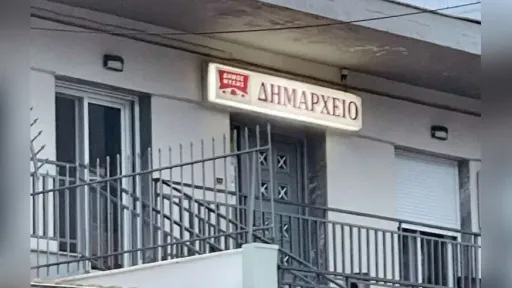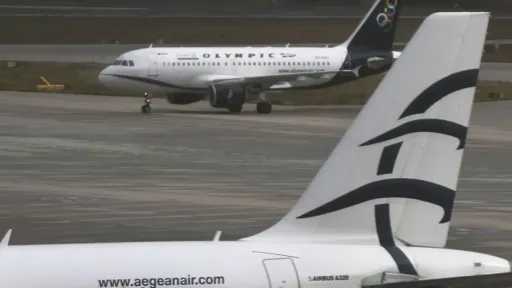Zeybek condemns regional education authority: “The legitimacy of minority schools cannot be questioned”

İskeçe MP Hüseyin Zeybek has submitted a formal question to the Greek Parliament, sharply criticizing what he described as “an attempt to undermine the autonomy and legitimacy of minority schools” in Western Thrace.
Zeybek’s reaction followed a press release by the Eastern Macedonia–Thrace Regional Education Directorate on October 6, which accused the School Committee of İskeçe Minority Junior High–High School of “misinterpreting the law” and made controversial statements regarding the school’s legal status.
“The legitimacy and status of minority schools are safeguarded by the Lausanne Treaty. These institutions are a fundamental part of our educational tradition, and questioning their autonomy violates both domestic and international obligations,” Zeybek said.
“School Committees Are an Integral Part of Minority Education”
Zeybek condemned the Education Directorate’s statement as an attempt to discredit minority institutions, warning that the tone used by state officials toward elected minority representatives was “unacceptable in a democratic society.”
He reminded Parliament that minority education in Western Thrace is protected by the 1923 Lausanne Treaty and the 1951 and 1968 Education Protocols, which recognize the role of School Committees (Encümen Heyetleri) as elected bodies with administrative and financial responsibilities.
Legal Framework: Law 4563/2018 Clearly Defines School Governance
Citing Article 17 of Law 4563/2018, Zeybek emphasized that minority schools are managed by three-member elected School Committees, and reducing their role to financial matters is “legally baseless.”
“Restricting School Committees to accounting duties contradicts both Greek law and our international commitments,” he stated, noting that the law explicitly grants them administrative authority as well.
Zeybek also addressed claims that the ownership of the İskeçe Minority Junior High–High School had been transferred to the state, calling such allegations “inaccurate and misleading.” He said that since 2018, the school’s legal status has been harmonized with that of other minority schools, ensuring compliance with the principle of equality.
Committee Members Barred from Entering Their Own Offices
The MP drew attention to an incident during summer renovations, when the School Committee’s office was vacated and committee members were later denied access to the school premises.
Calling the situation “unlawful and unacceptable,” Zeybek urged the Ministry of Education to clarify its stance and restore the committee’s right to operate within the school building.
“Restricting Committees Damages State–Minority Trust”
“School Committees are not merely financial managers — they are institutional organs responsible for the administrative functioning of minority schools. Limiting their powers undermines trust between the state and the minority and risks creating new tensions in education,” Zeybek warned.
He called for dedicated office spaces for the committees of both the İskeçe Minority Junior High–High School and the Komotini Celal Bayar Minority Junior High–High School, as well as long-term solutions to chronic infrastructure problems affecting minority schools.
Parliamentary Questions Submitted by MP Hüseyin Zeybek (Athens, 9 October 2025):
Addressed to the Ministry of Education, Religious Affairs and Sports, Zeybek’s written inquiry poses the following key questions:
- What steps will the government take to ensure full compliance with Greece’s international obligations (Lausanne Treaty, Education Protocols) regarding the operation of minority schools in Western Thrace?
- Does the Ministry intend to officially clarify the institutional and administrative role of School Committees to prevent future misinterpretations?
- How will the Ministry guarantee equal participation of parents and local communities in managing school affairs, without undermining the legal framework of minority education?
- On what grounds were the School Committee members barred from entering the İskeçe Minority Junior High–High School, and what corrective measures will be taken?
- Given their critical financial and administrative functions, does the Ministry plan to allocate appropriate office space for School Committees in İskeçe and Gümülcine?
- What urgent measures will be adopted to address the building and infrastructure problems repeatedly reported in minority schools?
- Finally, will the Ministry consider establishing an institutional dialogue mechanism with minority communities and School Committees to ensure the smooth functioning of minority education and prevent further tension?
